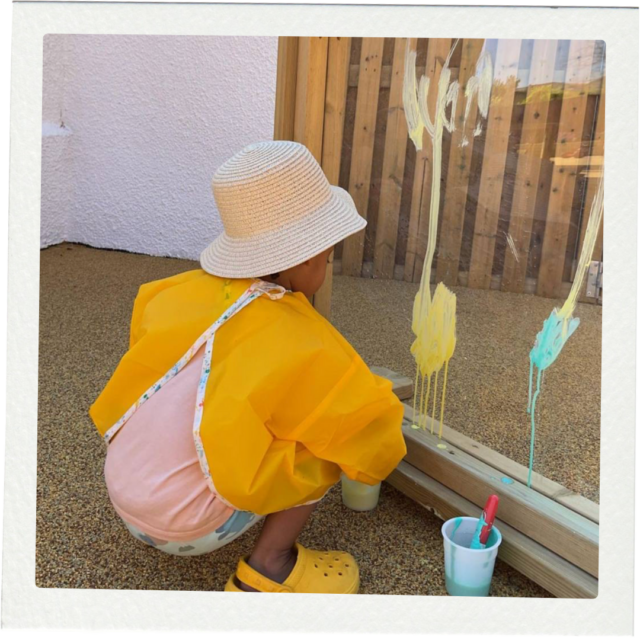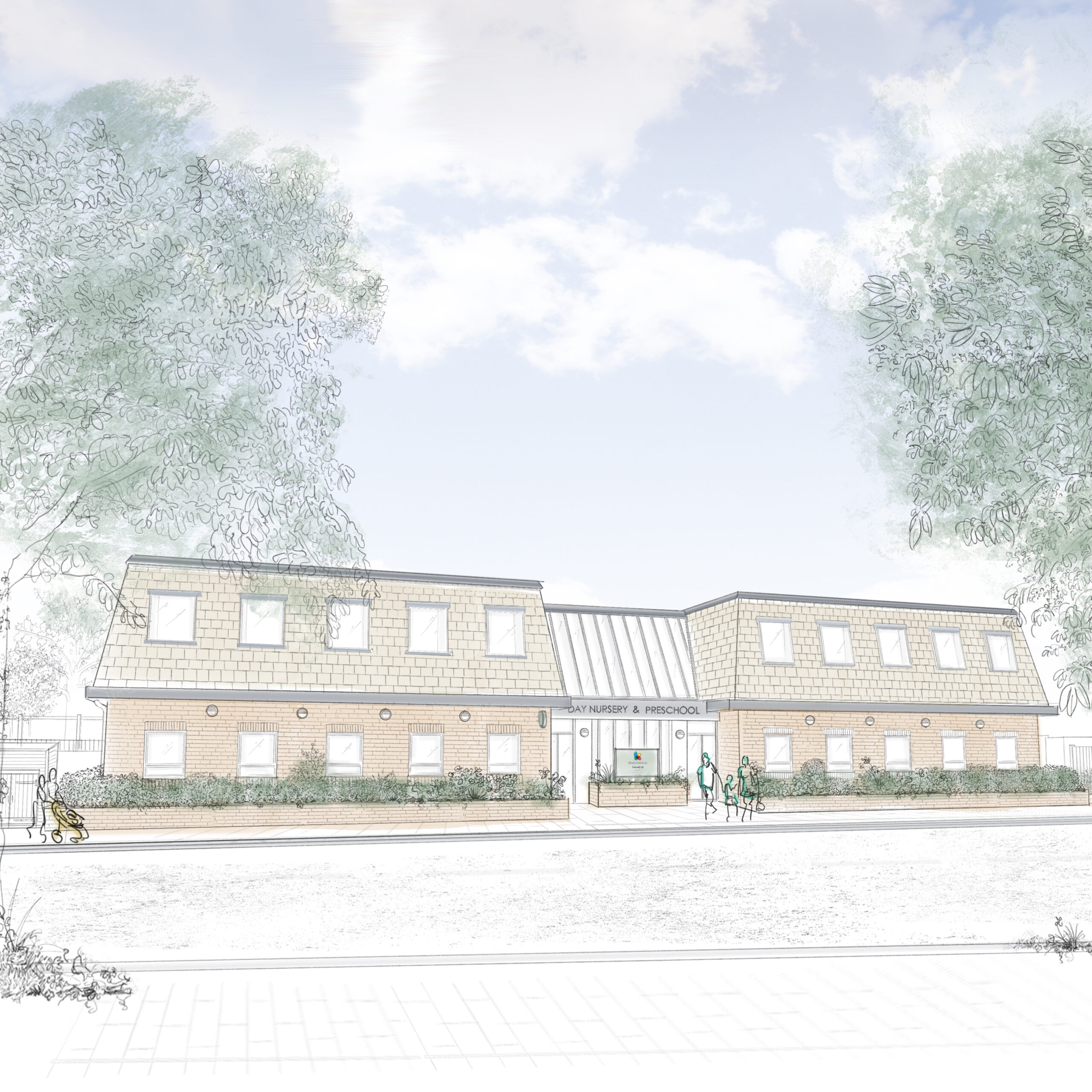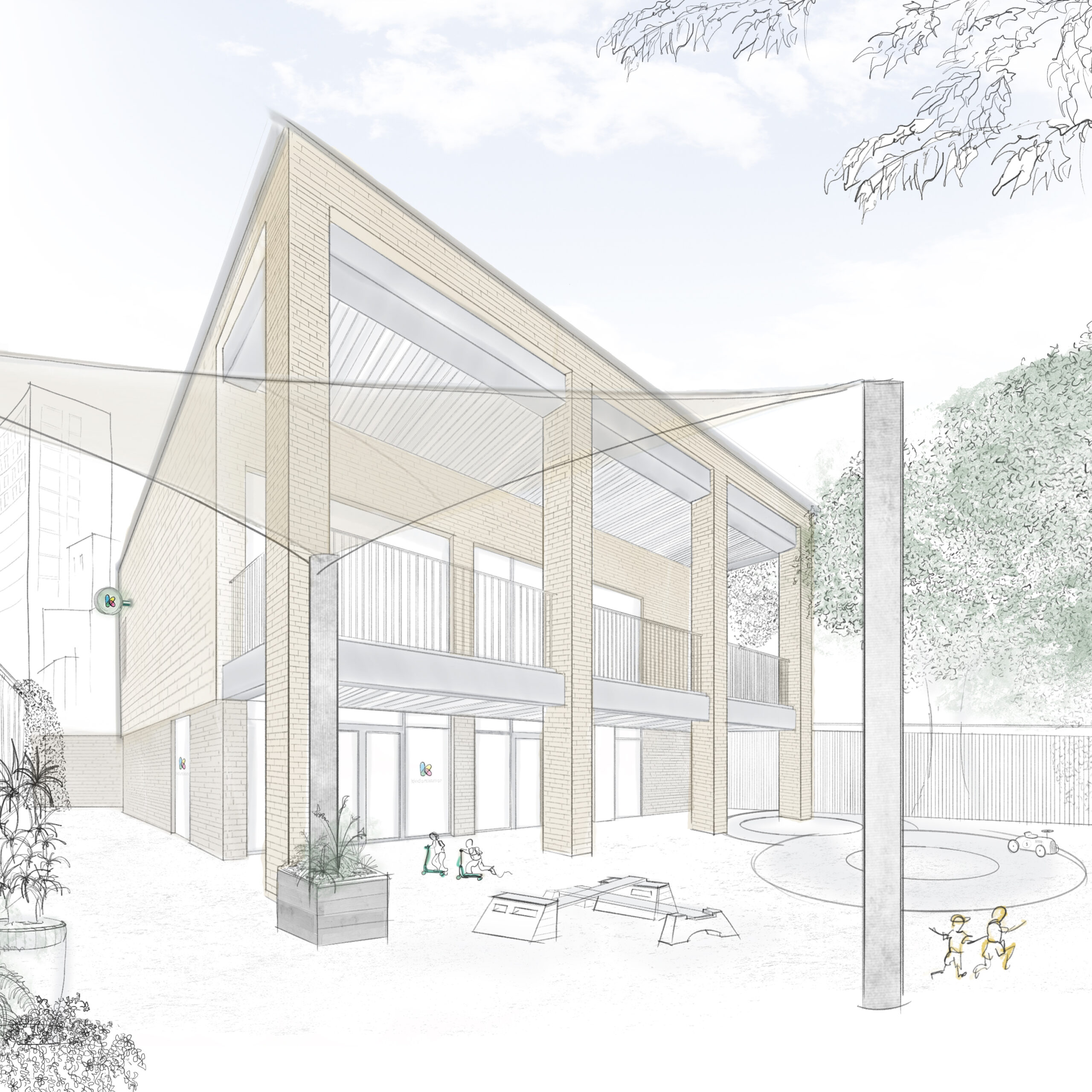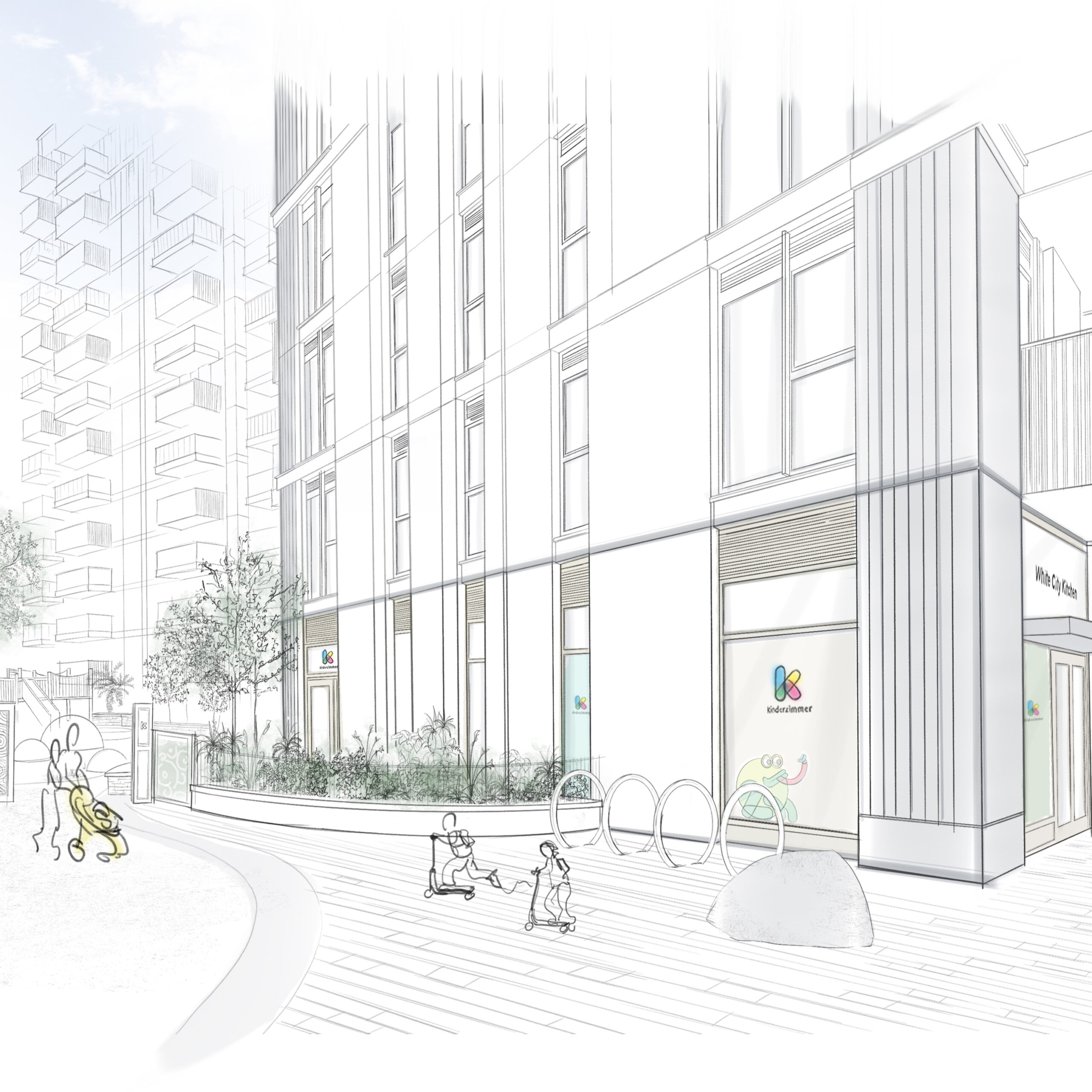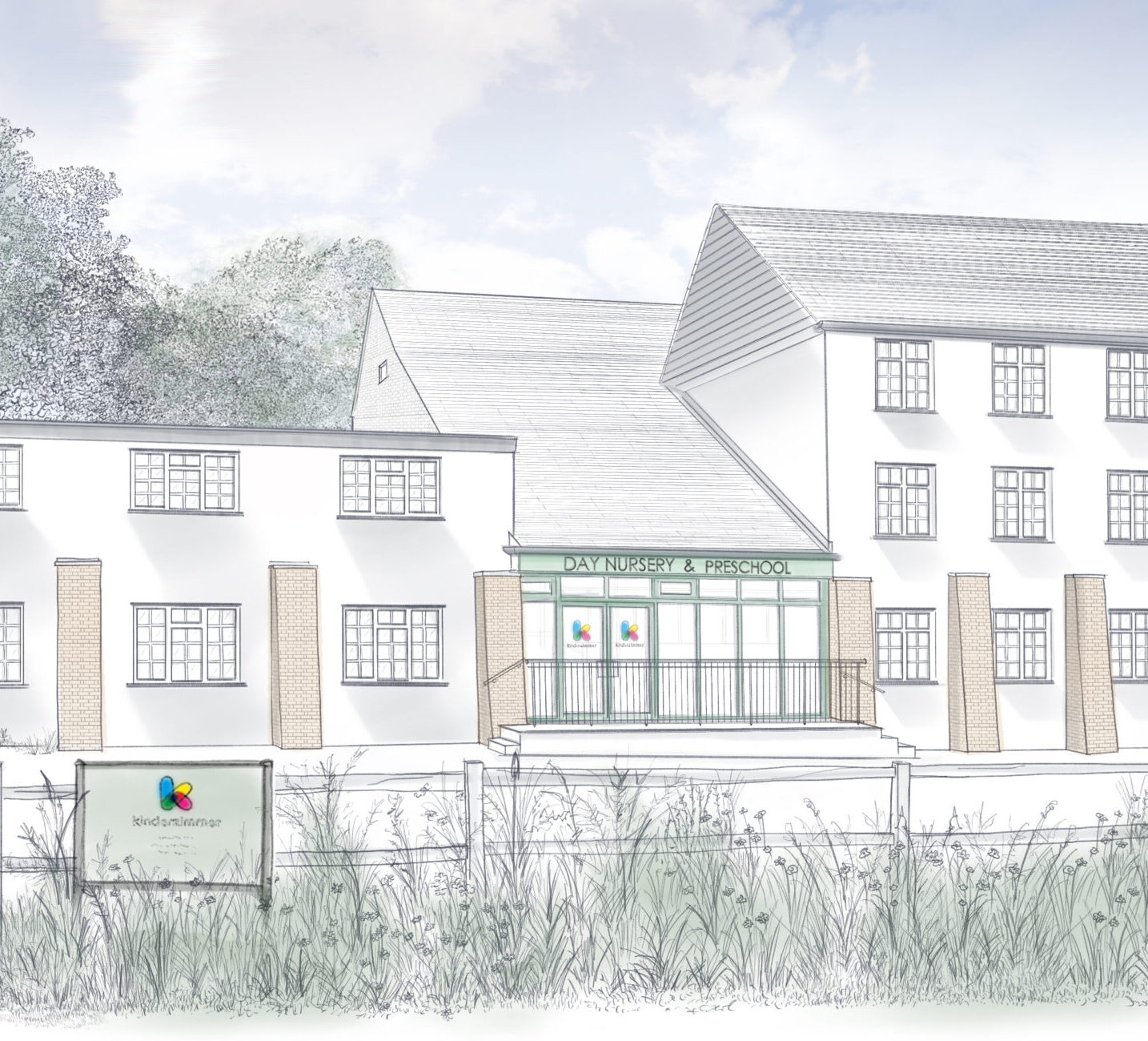The Importance of Tummy Time: How and When to Start – Strengthening muscles for milestones
07/07/25 Knowledge Base ParentingThe Importance of Tummy Time: How and When to Start – Strengthening muscles for milestones
Tummy time is one of the most important activities for newborns and infants, yet it’s often overlooked or misunderstood. At kinderzimmer, we believe in the power of early physical development to help babies reach key milestones. Tummy time is essential for building strength and coordination, setting the foundation for a variety of physical and cognitive skills as your child grows.
In this blog, we’ll explore the importance of tummy time, how and when to start, and how it supports your baby’s development. We’ll also draw on Montessori, Steiner, and Froebel principles to highlight how these approaches nurture both physical and emotional growth through simple activities like tummy time.
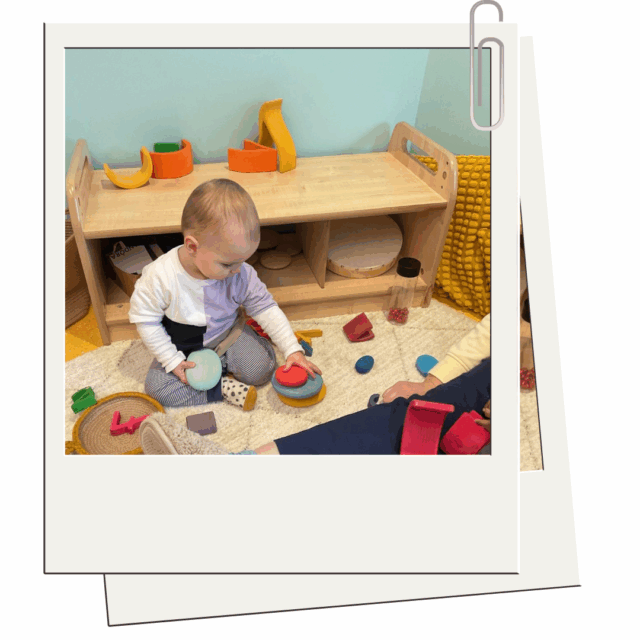
What Is Tummy Time and Why Is It Important?
Tummy time refers to the practice of placing your baby on their stomach while they are awake and supervised. This simple activity helps your baby build the muscles in their neck, shoulders, arms, and back, which are crucial for later milestones like rolling over, crawling, and sitting up. Without tummy time, babies can miss out on the opportunity to develop these essential muscles.
In the Montessori method, movement is seen as an essential part of a child’s learning. Tummy time helps develop both fine and gross motor skills, encouraging babies to lift their heads, move their arms, and strengthen their core muscles. These early physical activities create the foundation for future motor skills like grasping, walking, and running.
When Should You Start Tummy Time?
It’s recommended to begin tummy time soon after birth, usually within the first few days or weeks. Start with just a few minutes at a time and gradually increase the duration as your baby gets stronger. In the beginning, tummy time might only last 2–3 minutes, but as your baby grows, aim for 20–30 minutes of tummy time each day by the time they’re around 3–4 months old. You can gradually build this up by spreading short sessions throughout the day, especially after nappy changes or when your baby is well rested and fed.
You can continue doing tummy time until your baby starts to roll over consistently on their own, which typically happens around 5–6 months. At this stage, they’ll likely begin spending more time on their tummy naturally as part of their own play and movement. Once your baby can confidently roll, push up, and sit independently, dedicated tummy time becomes less necessary, though supervised floor play is still important for ongoing motor development.
Following the Steiner approach, which values a gradual, gentle approach to development, tummy time can start with short periods, gradually increasing as your baby shows readiness. You can practice tummy time several times a day, always while your baby is awake and supervised, and combine it with other activities like gentle play or singing to make it fun.

Benefits of Tummy Time for Your Baby’s Development
Tummy time provides numerous benefits for your baby’s development. Here are just a few of the key advantages:
Strengthening Muscles: As mentioned, tummy time helps your baby strengthen their neck, back, and arm muscles, which are essential for developing motor skills.
Promoting Motor Skills: Tummy time encourages babies to lift their heads, move their arms, and practice rolling over, which lays the groundwork for crawling, sitting, and eventually walking.
Encouraging Brain Development: Physical activities like tummy time stimulate brain development by promoting the coordination between muscles and motor planning. The more babies explore their bodies, the more they develop important neural connections.
Preventing Flat Head Syndrome (Plagiocephaly): Regular tummy time helps to prevent the flat spots that can develop on a baby’s head when they spend too much time lying on their back.
According to the Froebel approach, it’s important to engage children in sensory activities that stimulate both their physical and cognitive growth. Tummy time encourages babies to interact with their surroundings and learn about their bodies, helping them develop sensory awareness.
How to Make Tummy Time Fun
Tummy time doesn’t have to be a struggle! In fact, with a little creativity, you can make it a fun, engaging activity for both you and your baby. Here are a few tips to make tummy time more enjoyable:
Use a Tummy Time Mat or Blanket: A soft, comfortable surface is essential for tummy time. You can place your baby on a play mat with toys and mirrors to encourage them to lift their head and explore.
Get Down to Their Level: Lie on your stomach in front of your baby to encourage them to lift their head and look at you. You can even play peek-a-boo or sing songs to make tummy time more enjoyable.
Add Toys or a Mirror: Placing colourful toys or a baby-safe mirror in front of your child can encourage them to reach, grab, and push up, all of which promote muscle development.
Use a Rolled Towel or Pillow for Support: If your baby finds tummy time challenging at first, you can roll up a towel or use a small pillow under their chest to give them a little extra support.
The Montessori method encourages a rich, sensory environment for children to explore. Providing your baby with visually stimulating toys, mirrors, and soft textures during tummy time will encourage curiosity and exploration.

What to Do if Your Baby Doesn’t Like Tummy Time
It’s common for babies to resist tummy time at first, especially if they are not yet used to the position. If your baby cries or becomes frustrated, don’t worry! You can try different approaches to help them feel more comfortable.
Start Slowly: Begin with shorter tummy time sessions and gradually increase the time as your baby gets used to it.
Try Different Positions: If your baby is uncomfortable, try changing the angle of tummy time. You can try placing them on your chest while you lie back, or try tummy time on your lap with their head supported.
Offer Reassurance: Speak softly to your baby or sing to them during tummy time to comfort them. Your voice and presence will help them feel secure.
If your baby continues to struggle with tummy time, consult your pediatrician for advice. It’s important to remember that each baby develops at their own pace, and some may need more time to get used to tummy time than others.
Tummy Time and Milestones
As your baby grows, tummy time will help them reach important developmental milestones, such as:
Rolling Over: Tummy time helps babies develop the muscles needed to roll from their tummy to their back and vice versa.
Crawling: Strengthening muscles during tummy time is key to the development of crawling skills.
Sitting Up: Once your baby’s muscles are strong enough, tummy time will help them build the strength and coordination necessary to sit up unaided.
Walking: Building core strength and balance through tummy time will support your child’s eventual ability to stand and walk.
By incorporating tummy time into your daily routine, you’re helping your baby achieve these milestones with confidence.

Building a Strong Foundation for Growth
Tummy time is a simple yet powerful way to support your baby’s physical and cognitive development. By starting early and making tummy time a fun, consistent part of your routine, you’re laying the foundation for your child to achieve important milestones, from crawling to walking and beyond.
At kinderzimmer, we understand the importance of fostering early development through movement and sensory exploration. Whether through tummy time, play, or other activities, we encourage parents to create an enriching environment where their child’s growth is nurtured. With the right guidance and support, your baby will develop the strength and skills they need to reach each milestone with confidence.
If you have any questions about tummy time or other developmental activities, feel free to reach out to us at kinderzimmer. We’re here to support your child’s growth every step of the way!


